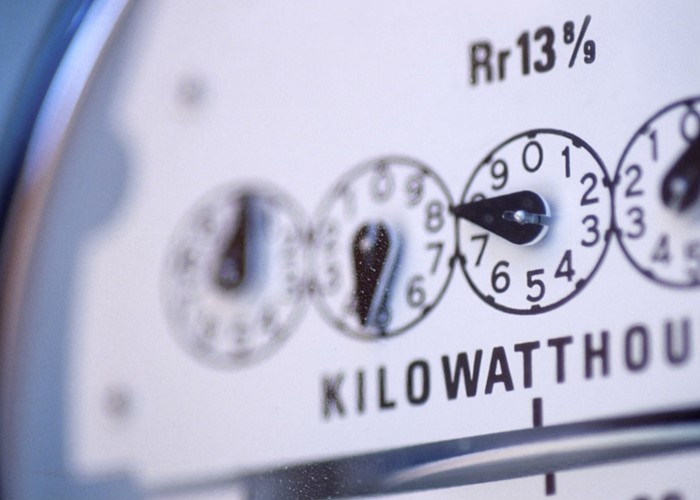Energy bills: households to be paid to use less energy at peak times

National Grid wants to introduce a new scheme following a trial of 100,000 customers, with promises of smaller bills and money back if you use less energy during peak periods.
Millions of households may soon be paid to not use energy at specific times of the day.
According to reports in The Times, National Grid’s Electricity Systems Operator (ESO) wants to introduce a scheme where homes are paid to focus their energy use on non-peak times.
The ESO carried out a trial for the idea earlier this year with around 100,000 Octopus Energy customers.
These households were given a day’s notice to reduce their consumption between 4.30pm and 6.30pm ‒ one of the peak times for big energy use, when many people use their dishwashers, washing machines, and the like.
The rewards in place for participating households meant that while the typical household saved 23p per two-hour slot, there were some who saved as much as £4.35.
What’s the point?
The drive behind this latest idea is the ongoing concern over how much energy we use.
The situation with Russia understandably has the authorities concerned over just how secure our energy supplies are, particularly when so much of our energy use is seemingly focused on peak periods.
A host of coal plants in the UK had been due to close later this year but will instead remain open over the winter to ensure we have enough energy to go round.
When energy supplies are scarce, the ESO has to pay a premium to tap into additional power plants, which is why rationing our use during these peak times is an appealing idea. Failing to have these backup plans in place increases the risk of blackouts.
Where is the money coming from?
The obvious question with any scheme like this is who is ultimately paying for it? Where is the money coming from to reward those households who avoid using energy during peak times?
And the answer is, we are. Ordinary households will be footing the bill for the scheme, just as we are also the ones coughing up to keep those coal plants open, through our household bills.
The argument goes that these additional costs will still be less than the amount we’d have to pay if the ESO had to pay power plants for the extra supplies needed.
Soaring energy costs: can you slash your bills with a low-cost gadget?

Energy bill woes
Irrespective of whether this scheme does indeed go ahead, or we simply have to rely on paying additional plants for their energy supplies, the reality is that there are yet more pressures set to force typical energy bills up in the months ahead.
We know that the energy price cap will change again in October, and most likely will mean a further substantial increase to the maximum we pay per year for our energy.
According to analysis from Cornwall Insight, the cap is likely to increase to around £2,980 this year, before passing the £3,000 threshold at the start of next year.
That’s quite the turnaround when you consider that it started this year at less than £1,300.
Given the scale of these rises, it’s perhaps not a huge surprise that so many people are feeling stressed out.
New figures from the Office for National Statistics show that three-quarters of adults (77%) report feeling very or quite worried about the rising cost of living, with around half of those saying they felt worried about the situation every day.
These rising bills aren’t just damaging our financial health, they are taking a toll on our mental health too.
Growing energy scams
What’s more, when people are feeling desperate, they are more likely to make poor decisions.
Analysis of Action Fraud figures by consumer champion Which? has revealed a spike in scammers looking to take advantage of energy bill worries.
It found that in the first quarter of 2022, scams mentioning one of the big six energy suppliers rose 10% compared to last year. In January alone, there was a whopping 27% rise.
Of course, these are only scams that are reported to Action Fraud, so the reality is that they are even more common.
One of the most common tactics reportedly is phishing scams, where the scammer poses as a major supplier and promises a rebate if the recipient clicks through the email and shares their bank details.
These are scams that many of us are confident we could spot in ordinary times, but the current difficulties mean that people are perhaps more susceptible to falling for them.
And it's likely going to take more than the promise of saving a few pennies by leaving the washing up until 8pm to help people feel more comfortable about their energy bills.
Comments
Be the first to comment
Do you want to comment on this article? You need to be signed in for this feature